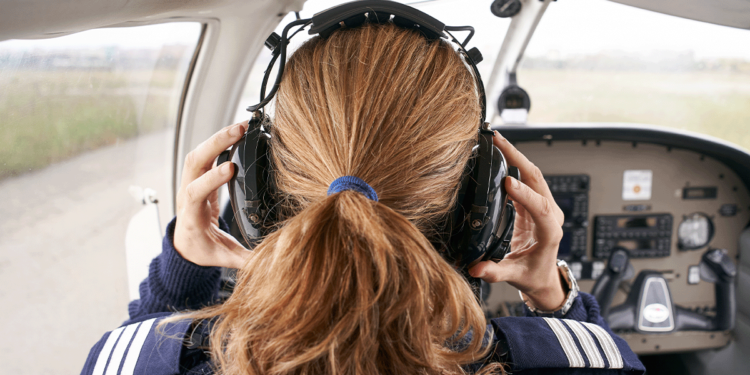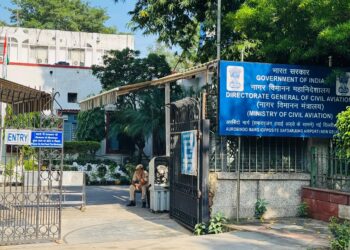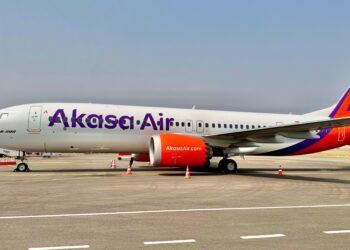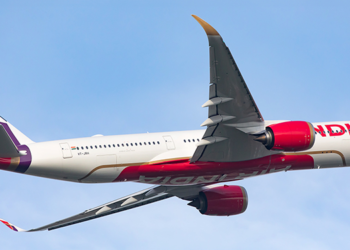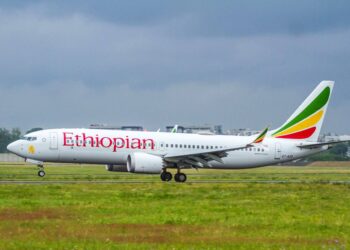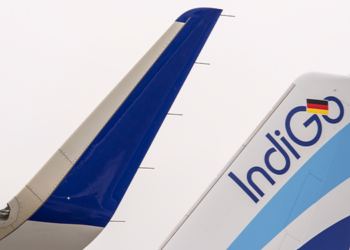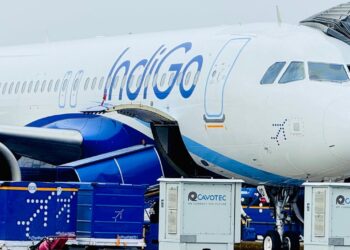In a recent update, the Minister of State in the Ministry of Civil Aviation, Gen. (Dr) V. K. Singh (Retd), shared valuable insights into the state of flying training organizations (FTOs) and Aircraft Maintenance Engineer (AME) training institutes in India. The government has been actively working to promote and regulate the training infrastructure in the civil aviation sector, aiming to meet the increasing demands of the industry for skilled professionals.
As of the current date, there are 36 Flying training organizations (FTOs) operating at 57 bases across the country. Additionally, there are 54 AME Training Institutes that have been approved by the Directorate General of Civil Aviation (DGCA). The good news continues with the fact that in 2022, a total of 1165 Commercial Pilot Licenses (CPLs) were issued, indicating a steady influx of trained pilots into the aviation workforce.
To further boost the availability of skilled pilots, the Airports Authority of India (AAI) has taken significant measures. They have implemented a liberalized Flying Training Organization (FTO) policy, which involved the abolition of airport royalty, which was a revenue share payment made by FTOs to AAI. Moreover, land rentals for FTOs have been rationalized, making it more accessible and financially viable for organizations to provide flying training.
In line with their commitment to enhance aviation training facilities, AAI awarded nine FTO slots at five airports in 2021 through a competitive bidding process. The selected airports include Belagavi (Karnataka), Jalgaon (Maharashtra), Kalaburagi (Karnataka), Khajuraho (Madhya Pradesh), and Lilabari (Assam). The positive response led to another round of bidding in June 2022, with six FTO slots awarded at Bhavnagar (Gujarat), Hubballi (Karnataka), Kadappa (Andhra Pradesh), Kishangarh (Rajasthan), and Salem (Tamil Nadu).
The DGCA also made significant changes to improve the overall training process. They introduced the Online-On Demand Examination (OLODE) for aspiring Aircraft Maintenance Engineers (AME) and Flying Crew (FC) candidates. This innovative approach allows candidates to choose their examination date and time from available slots, increasing convenience and flexibility.
Moreover, the DGCA empowered Flying Instructors by granting them the right to authorize flight operations at FTOs, thereby easing operational processes and reducing potential bottlenecks. This authority was previously restricted to Chief Flying Instructors (CFIs) or Deputy CFIs only.
In a move towards standardization and international compliance, DGCA issued regulation CAR-147 (Basic), approved Basic Maintenance Training Organization. This regulation aligns with the International Civil Aviation Organization (ICAO) standards and harmonizes the syllabus and skilled training requirements for aircraft maintenance with the European Union Aviation Safety Agency (EASA) regulations. By adhering to these global standards, India can produce highly competent and skilled manpower for aircraft maintenance.
-PIB


